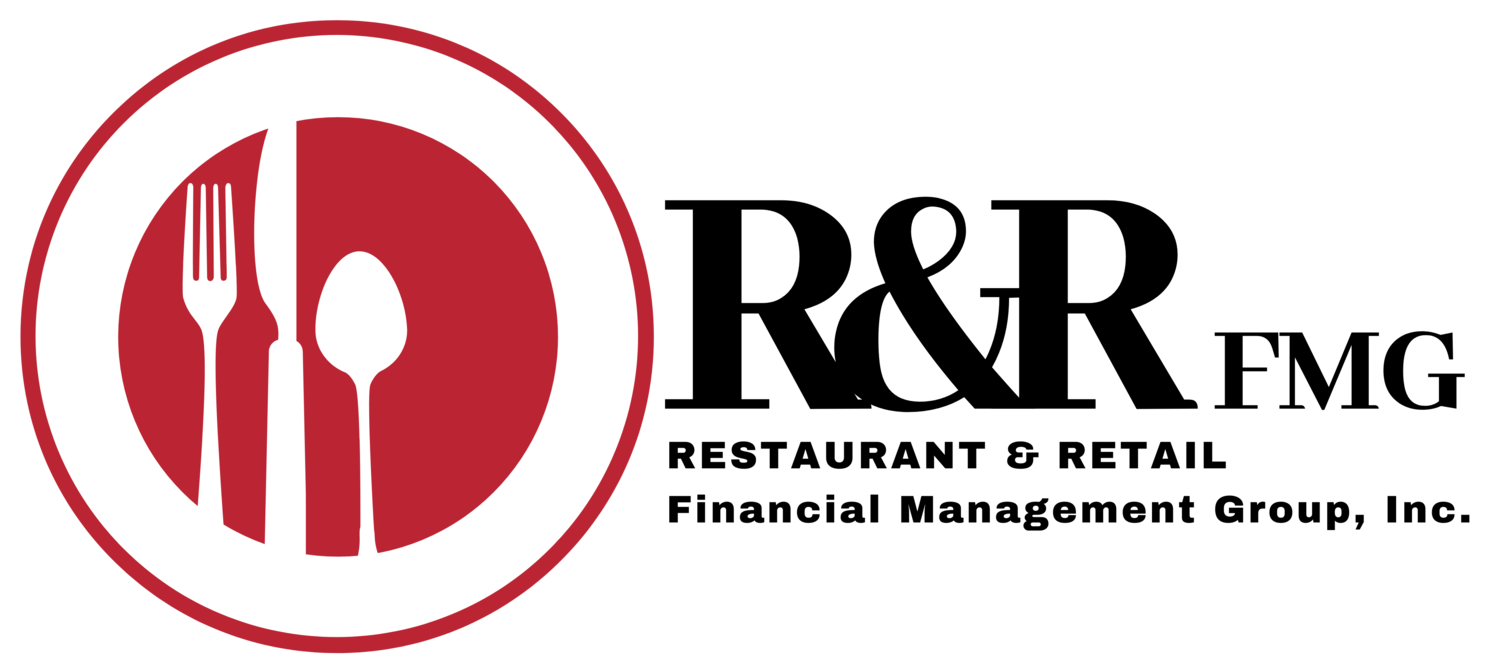
Bookkeepers vs. Accountants vs. CPAs
Understanding the Key Differences and Their Unique Roles for Restaurants
by Ariane Ramil, Virtual Client Account Director & Director of Development
When managing the financial aspects of a business, especially in the restaurant industry, understanding the roles of bookkeepers, accountants, and Certified Public Accountants (CPAs) is crucial. Each plays a distinct part in maintaining financial health, ensuring compliance, and facilitating growth. This article explores their responsibilities, how they differ, and why CPAs are particularly valuable to restaurant businesses.
Bookkeepers: The Foundation of Financial Records
Bookkeepers are the backbone of day-to-day financial recordkeeping. They manage the details, ensuring that every financial transaction is accurately recorded. Their primary responsibilities include:
- Recording sales and expenses
- Reconciling bank accounts
- Managing accounts payable and receivable
- Processing payroll
- Maintaining organized financial records

Skills and Tools: Bookkeepers typically use software like QuickBooks, Xero, or other accounting platforms to handle daily transactions efficiently. While they do not need advanced financial degrees, attention to detail and a good understanding of bookkeeping principles are essential.
Limitations: Bookkeepers focus on transactional data rather than interpreting it. They lack the qualifications to provide in-depth financial analysis or strategic advice.

Accountants: Interpreters of Financial Data
Accountants build on the work of bookkeepers, interpreting financial data and providing insights that inform business decisions. Their responsibilities include:
- Preparing financial statements, such as balance sheets and income statements
- Analyzing financial performance
- Filing tax returns and ensuring compliance with tax laws
- Advising on cost management and budgeting
Skills and Credentials: Accountants often hold a degree in accounting or a related field and possess a thorough understanding of financial principles and tax regulations. They serve as the bridge between raw financial data and strategic decision-making.
Limitations: While accountants are adept at analysis and compliance, they may not have the specialized qualifications needed for high-stakes tasks such as financial audits or preparing a business for sale.
CPAs: Specialists in Advanced Financial Services
Certified Public Accountants (CPAs) are accountants who have passed a rigorous certification exam and met additional licensing requirements. They are uniquely qualified to handle complex financial needs and provide specialized services. Their expertise makes them particularly valuable in scenarios that require GAAP compliance, external reporting, or strategic financial planning.

Key Services Provided by CPAs:
- Ensuring GAAP Compliance: For restaurants, adhering to Generally Accepted Accounting Principles (GAAP) is vital for accurate financial reporting. GAAP compliance ensures that financial statements are transparent, consistent, and reliable—a necessity for external stakeholders like banks and investors. CPAs help establish and maintain GAAP-compliant practices, particularly crucial for multi-location restaurant chains or those planning to expand.
- Preparing for Bank Loans: When a restaurant seeks financing from a bank, lenders scrutinize financial statements to assess creditworthiness. CPAs assist by preparing thorough and accurate financial reports, highlighting the restaurant’s profitability, cash flow, and ability to service debt. They also offer strategic advice to improve financial health before approaching lenders.
- Soliciting Private Equity Investment: Restaurants aiming to attract private equity investors need to present a clear and compelling financial picture. CPAs help craft this narrative by auditing financials, projecting future performance, and addressing potential risks. Their credibility adds confidence to potential investors, who rely on CPAs’ expertise to validate financial integrity.
- Preparing for a Sale: Selling a restaurant concept requires meticulous preparation. CPAs play a critical role by conducting financial audits, valuing the business, and ensuring that all financial records are accurate and complete. They also provide insights into tax implications and strategies to maximize sale proceeds.
How These Roles Compare and Contrast
Aspect
Bookkeeper
Accountant
CPA
Primary Focus
Recording transactions
Financial analysis and tax filing
Strategic advice and audits
Education/Certification
No formal certification needed
Degree in accounting (typically)
CPA certification required
Key Tools
Bookkeeping software
Financial reporting tools
Advanced financial systems
Strategic Involvement
Minimal
Moderate
High
Use Cases for Restaurants
Daily recordkeeping
Tax compliance and budgeting
GAAP compliance, financing, and exit planning
Why CPAs Are Essential for Restaurants

While bookkeepers and accountants are critical for maintaining financial stability, CPAs bring an unparalleled level of expertise that is particularly valuable in the competitive and dynamic restaurant industry. Here’s why:
- Regulatory Expertise: Restaurants face unique challenges such as managing sales tax, tip reporting, and cost control for perishable inventory. CPAs ensure compliance with these complex regulations, minimizing the risk of audits or penalties.
- Scalability: As restaurants grow, their financial needs become more complex. Whether expanding to multiple locations or franchising, CPAs provide the strategic guidance necessary to manage growth sustainably.
- Crisis Management: The restaurant industry is notoriously volatile, with fluctuating demand and slim profit margins. CPAs help navigate challenges such as cash flow shortages, rising food costs, or unexpected tax liabilities.
- Future-Proofing: CPAs do more than solve immediate problems—they help restaurants position themselves for long-term success. By analyzing industry trends and financial data, CPAs provide actionable recommendations to improve profitability and competitiveness.
Conclusion
Understanding the roles of bookkeepers, accountants, and CPAs is essential for restaurant owners who want to maintain financial stability and achieve their business goals. While bookkeepers manage day-to-day transactions and accountants analyze financial performance, CPAs offer the strategic insight and expertise needed for high-level decision-making and compliance. For restaurants, partnering with a CPA can make the difference between merely surviving and thriving in a competitive market. Whether you’re preparing to expand, seeking investment, or planning to sell your concept, a CPA is an invaluable ally on your financial journey.
For more information, please fill out the form below. We’ll circle back with you shortly to discuss your requirements in further detail.

We’d love to Meet You In Person Or Via The Web!
If you have any questions, or just want to learn more about how our services can contribute to your operation’s success, please fill out the form and we’ll respond as soon as we can. Alternatively, call us directly at (818) 888-9579.
